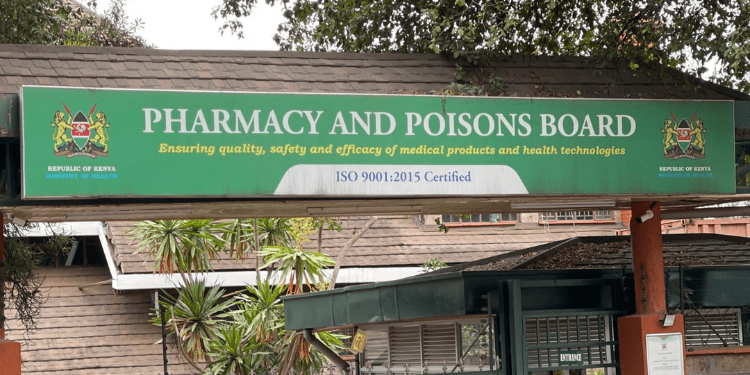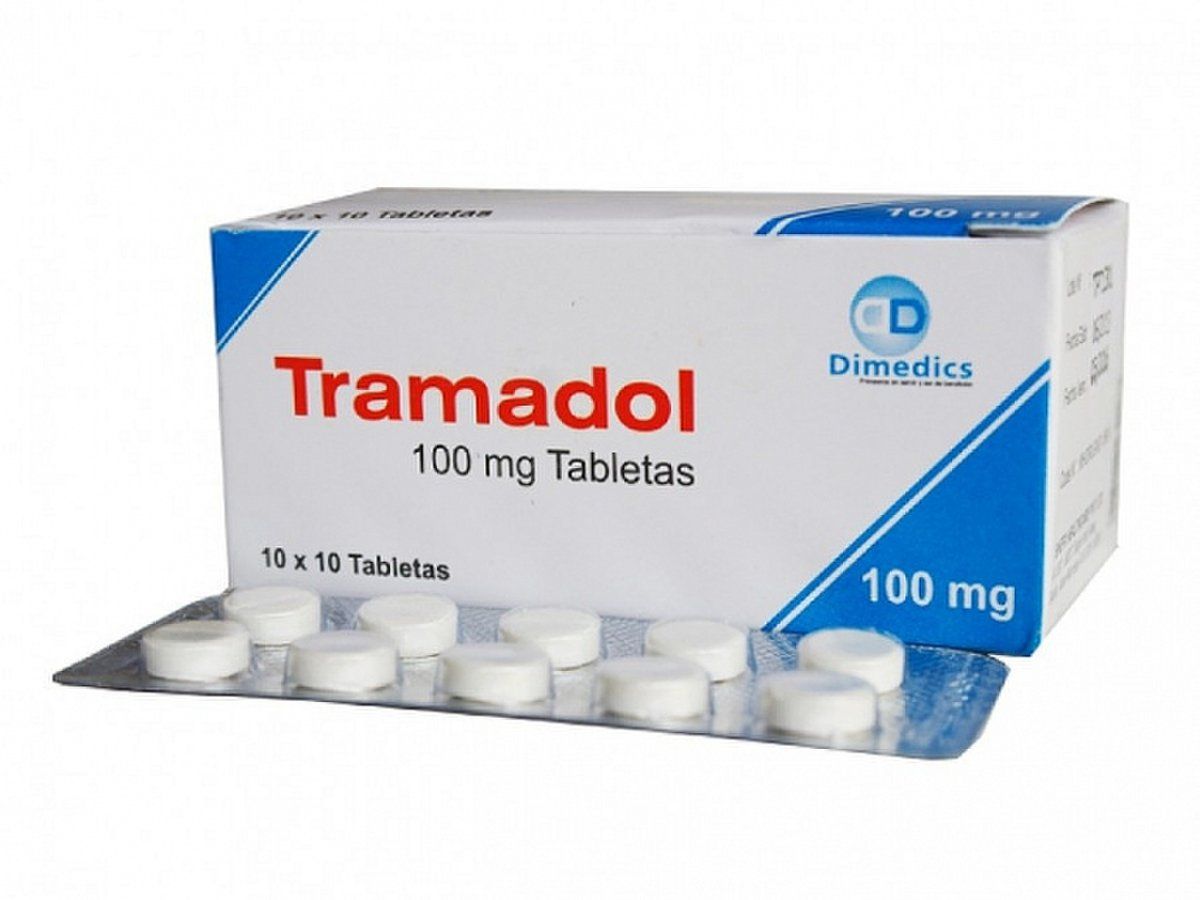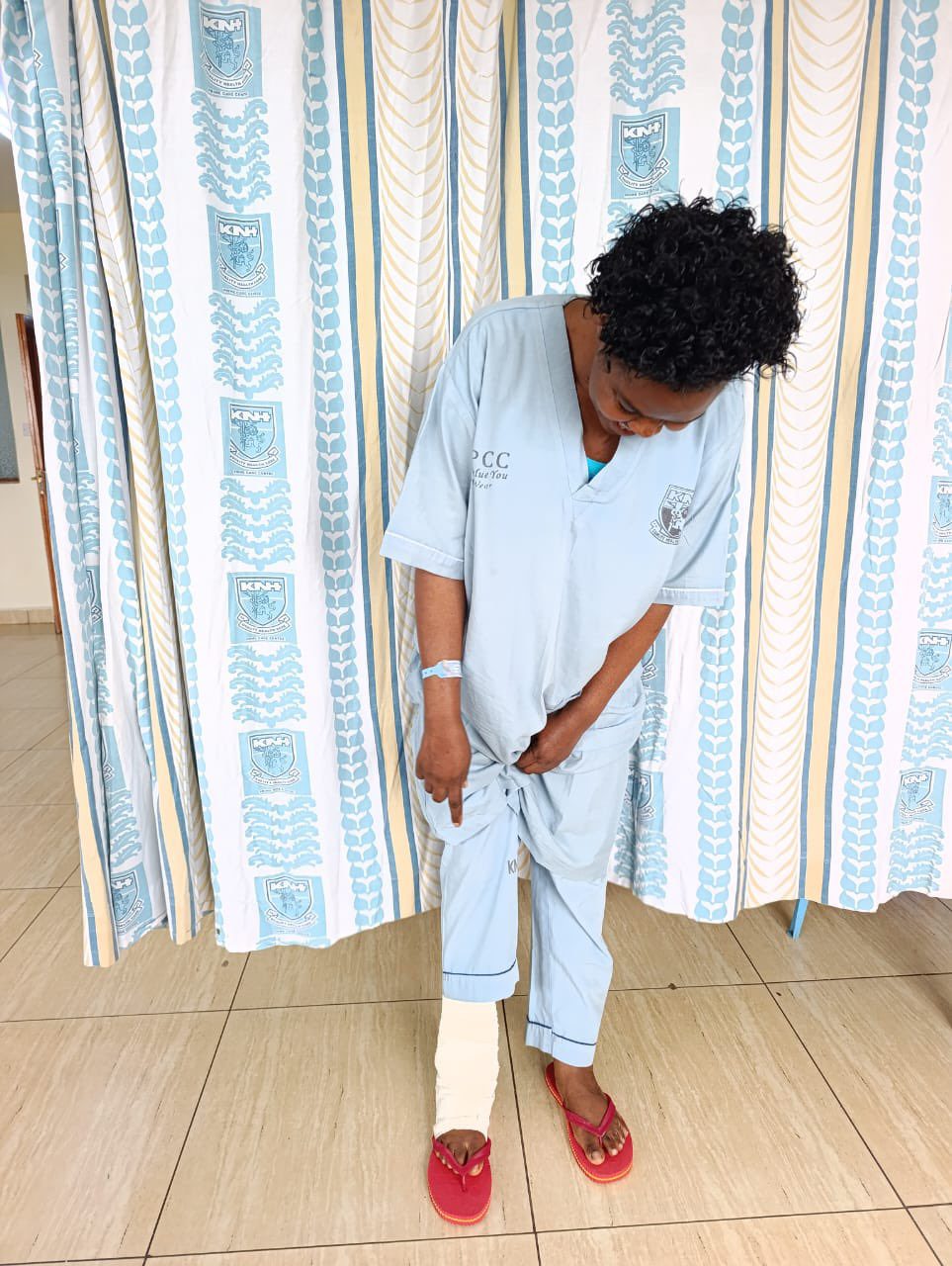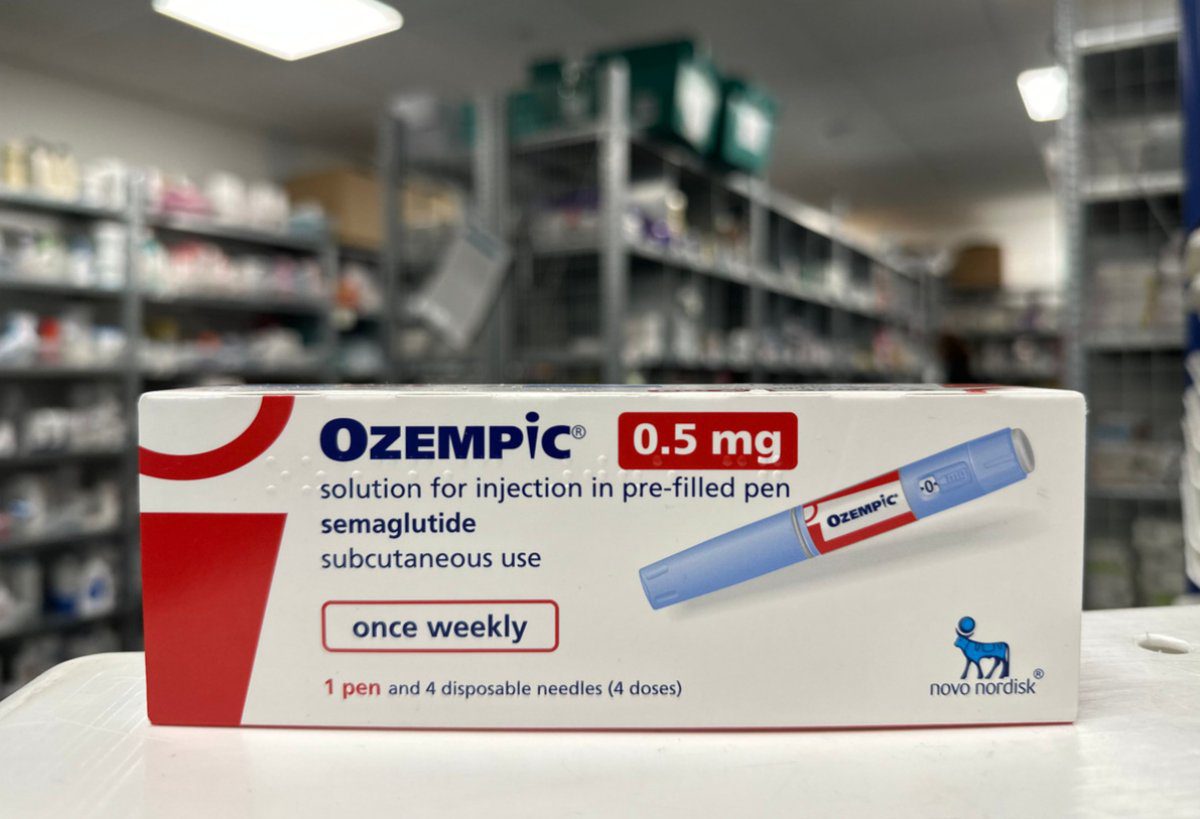MOMBASA, Kenya, Nov. 11 – African countries have pledged to intensify collaboration in medical product research, development, and regulation in a bid to reduce the continent’s dependence on imported pharmaceuticals and vaccines.
The commitment was made during the Seventh Biennial Scientific Conference on Medical Products Regulation in Africa (SCoMRA VII) held in Mombasa, Kenya. The high-level meeting brought together representatives from health ministries, regulatory agencies, and industry experts from across the continent to chart a path toward sustainable local pharmaceutical production.
Reducing Dependency on Imports
Kenya’s Pharmacy and Poisons Board (PPB) chairperson, John Munyu, emphasized that Africa’s overwhelming dependence on imported medicines and vaccines is a major vulnerability.
“Africa imports over 90 percent of its medicines and produces less than one percent of its vaccines. This is not just a statistic; it reflects our dependence and vulnerability, which the COVID-19 pandemic painfully exposed,” Munyu said.
He added that SCoMRA VII is more than a policy dialogue—it is a strategic platform to catalyze local manufacturing, facilitate intra-African trade under the Africa Continental Free Trade Area (AfCFTA), and ensure access to safe, effective, and affordable medical products for all Africans.
Strengthening the Role of the African Medicines Agency
The African Medicines Agency (AMA), represented by Director-General Delese Mimi Darko, reiterated its commitment to supporting regional pharmaceutical manufacturing and harmonizing drug regulation across member states.
Darko noted that building local capacity will not only enhance access to affordable health products but also improve quality assurance systems and reduce the risks associated with counterfeit or substandard drugs.
“Increased regional production will improve access to safe, affordable, and high-quality medical products while reducing dependence on imports,” Darko said.
The African Union’s Push for Health Sovereignty
Symerre Grey-Johnson, Director of Human Capital and Institutional Development at the African Union Development Agency-New Partnership for Africa’s Development (AUDA-NEPAD), said the establishment of the AMA marks a turning point in Africa’s health independence.
“The African Medicines Agency provides predictable regulatory functions and authoritative continental leadership. It lays the foundation for long-term sustainability and self-reliance in Africa’s healthcare future,” he stated.
Grey-Johnson added that building regulatory capacity and promoting innovation are key to positioning Africa as a competitive player in global pharmaceutical markets.
Building a Self-Sufficient Health Future
The discussions in Mombasa underscored a continental consensus: that Africa can no longer rely solely on imported drugs and vaccines. The Ebola, COVID-19, and cholera outbreaks revealed dangerous supply gaps and slow emergency responses due to external dependencies.
With support from international partners and regional bodies, African nations are now working to establish regulatory harmonization frameworks, pharmaceutical manufacturing hubs, and public-private partnerships to strengthen the supply chain and boost production of essential medicines locally.
The renewed focus on local manufacturing aligns with the African Union’s Pharmaceutical Manufacturing Plan for Africa (PMPA), which seeks to achieve 60 percent of local production of vaccines and essential medicines by 2040.













Leave a Reply